IVF in Mexico: A Guide to Affordable, Quality Care
The journey to parenthood can be a complex and often expensive one. For many individuals and couples facing infertility, the high costs and restrictive regulations in their home countries can feel like insurmountable barriers. This is where medical tourism for fertility treatment in Mexico has emerged as a beacon of hope. Increasingly, international patients are looking south to Mexico, a country that offers a unique combination of affordability, high-quality medical standards, and a comprehensive range of assisted reproductive technologies. The decision to travel for medical care is significant, but for many, the dream of starting a family makes it a journey worth taking. Mexico's rise as a premier destination for fertility tourism isn't just about the lower price tag; it's about the accessibility of advanced treatments, the expertise of its medical professionals, and the welcoming, patient-centric approach that defines its leading clinics. Whether it's for IVF in Mexico, egg donation, or surrogacy, patients are discovering a healthcare system that is not only cost-effective but also deeply committed to helping them achieve their dream of having a baby. This guide will explore the compelling reasons why so many are choosing fertility clinics in Mexico for their path to parenthood.
What are the primary reasons patients travel to Mexico for fertility treatment?
For many international patients, particularly from the United States and Canada, the allure of Mexico as a medical tourism destination for fertility care is multifaceted. The most significant driver is the dramatic difference in cost. Procedures like In Vitro Fertilization (IVF) can be up to 50-70% cheaper in Mexico than in the US, without a compromise on quality. This financial accessibility makes treatments that were once out of reach a viable option for many.
Beyond the cost, the quality of care is a major draw. Many of the top fertility clinics in Mexico are staffed by highly qualified, often US-trained, specialists and are equipped with the latest technology in assisted reproduction. Furthermore, the legal landscape in Mexico is often more accommodating than in other countries. This allows for a wider range of services, such as anonymous egg donation and gender selection for family balancing, which may be restricted or prohibitively expensive elsewhere.
How much does IVF cost in Mexico compared to the US and Canada?
The cost of fertility treatments is a significant barrier for many. In the United States, a single IVF cycle can be a major financial burden, and it is often not covered by insurance. When you factor in the cost of medications, consultations, and additional procedures, the total can easily exceed $25,000. In Canada, while some provinces offer limited funding, wait times can be long, and many of the associated costs are still out-of-pocket.
In contrast, IVF in Mexico offers a much more affordable alternative. The lower operational costs for clinics in Mexico, from staffing to facilities, allow them to offer world-class treatments at a fraction of the price. Many clinics also offer all-inclusive packages that bundle the costs of the procedure, medications, and sometimes even accommodation and travel, providing transparency and predictability for international patients.
| Treatment | Average Cost in Mexico (USD) | Average Cost in the USA (USD) |
|---|---|---|
| IVF (Basic Cycle) | $4,500 - $8,000 | $15,000 - $25,000 |
| Egg Donation IVF | $9,000 - $15,000 | $25,000 - $40,000 |
| Intrauterine Insemination (IUI) | $800 - $1,500 | $1,500 - $4,000 |
Are the fertility clinics in Mexico safe and well-regulated?
Patient safety is a paramount concern for anyone considering medical treatment abroad. Reputable fertility clinics in Mexico understand this and have invested heavily in obtaining international accreditations and certifications to demonstrate their commitment to quality and safety. Many clinics are accredited by organizations such as the Joint Commission International (JCI), which is a testament to their adherence to global healthcare standards.
Furthermore, the Mexican government, through COFEPRIS, plays a crucial role in regulating the healthcare industry, including fertility clinics. This government body is responsible for overseeing the safety of medical procedures, the quality of facilities, and the screening of donors. This regulatory oversight provides an added layer of assurance for international patients.
What are the success rates for IVF in Mexico?
While cost is a major factor, success rates are equally important. The best fertility clinics in Mexico are transparent about their success rates and often publish them on their websites. These rates are influenced by a variety of factors, including:
- Patient's Age: Younger patients generally have higher success rates.
- Cause of Infertility: The underlying reason for infertility can impact the outcome.
- Quality of the Clinic and Lab: The expertise of the medical team and the sophistication of the embryology lab are crucial.
- Use of Donor Eggs: IVF with donor eggs typically has higher success rates, especially for older patients.
It's important for patients to have realistic expectations and to discuss their individual chances of success with their chosen clinic. Reputable clinics will provide personalized assessments based on a thorough evaluation of the patient's medical history.
Is egg donation legal and anonymous in Mexico?
The legal status of egg donation varies significantly around the world. In many countries, anonymous donation is not permitted, which can limit the availability of donors and create complex legal and emotional challenges for intended parents. Mexico's legal framework allows for anonymous egg donation, which is a major draw for international patients.
This anonymity ensures a larger and more diverse pool of high-quality egg donors. Donors in Mexico undergo rigorous screening processes, including genetic, medical, and psychological evaluations, to ensure the health and safety of the resulting offspring. This provides peace of mind for intended parents and has made Mexico a leading destination for egg donation IVF.
Can I undergo gender selection in Mexico?
For some families, the ability to choose the gender of their child is an important consideration, often for reasons of family balancing. In many countries, gender selection for non-medical reasons is prohibited or ethically controversial. Mexico, however, has a more permissive stance, allowing for this service at many of its leading fertility clinics.
The procedure is carried out through PGD, a highly advanced genetic screening technique performed on embryos created through IVF. While its primary purpose is to screen for chromosomal abnormalities and genetic diseases, it also reveals the gender of the embryo. This allows intended parents to select the healthiest embryo of their desired gender for transfer, increasing the chances of a successful pregnancy and a healthy baby.
What is the quality of doctors and medical staff in Mexican fertility clinics?
A common concern for medical tourists is the quality and expertise of the medical staff. In Mexico's leading fertility centers, this concern is quickly dispelled. These clinics are staffed by a team of highly skilled and experienced fertility specialists, embryologists, nurses, and support staff. Many of the doctors have pursued advanced training and fellowships at renowned institutions in the US and Europe, bringing a wealth of international experience to their practice.
Moreover, these professionals are often active members of international reproductive medicine societies, such as the American Society for Reproductive Medicine (ASRM) and the European Society of Human Reproduction and Embryology (ESHRE). This ensures that they are up-to-date with the latest advancements and best practices in the field.
How easy is it to travel to Mexico for fertility treatment?
The logistics of traveling to another country for medical care can seem daunting, but fertility clinics in Mexico have streamlined the process for their international clientele. The proximity of Mexico to the United States and Canada makes it an easily accessible destination, with numerous direct flights available to major hubs.
Many clinics have international patient coordinators who are fluent in English and can assist with every aspect of the journey, from scheduling appointments and arranging transportation to booking accommodation. This comprehensive support system makes the experience of medical tourism in Mexico as seamless and stress-free as possible.
What are the waiting times for fertility treatment in Mexico?
For those eager to start a family, long waiting lists can be emotionally taxing. In countries like Canada or the UK, where fertility treatments may be publicly funded, patients can wait for months or even years to begin their journey. This is not the case in Mexico.
The private healthcare system in Mexico is highly efficient, and fertility clinics are able to accommodate patients quickly. This is particularly beneficial for treatments that require a donor, such as egg donation, where the availability of a large donor pool means that a suitable match can be found without a lengthy delay.
What is the patient experience like at a Mexican fertility clinic?
Beyond the medical aspects, the overall patient experience is a key reason why many choose fertility clinics in Mexico. These clinics are designed to be welcoming and comfortable, with a focus on creating a low-stress environment. The staff is known for being warm, empathetic, and attentive to the emotional needs of patients undergoing fertility treatment.
From the initial virtual consultation to the final follow-up, the communication is typically excellent, with dedicated coordinators who are available to answer questions and provide support throughout the process. This patient-centric approach helps to build trust and confidence, which is essential for a positive treatment outcome.
To explore your options for fertility treatment and connect with leading clinics, visit PlacidWay for comprehensive information and personalized guidance on your medical tourism journey.



.png)

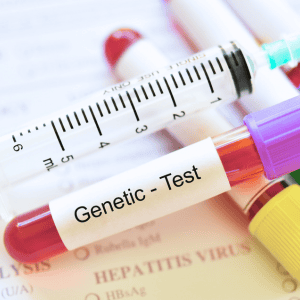






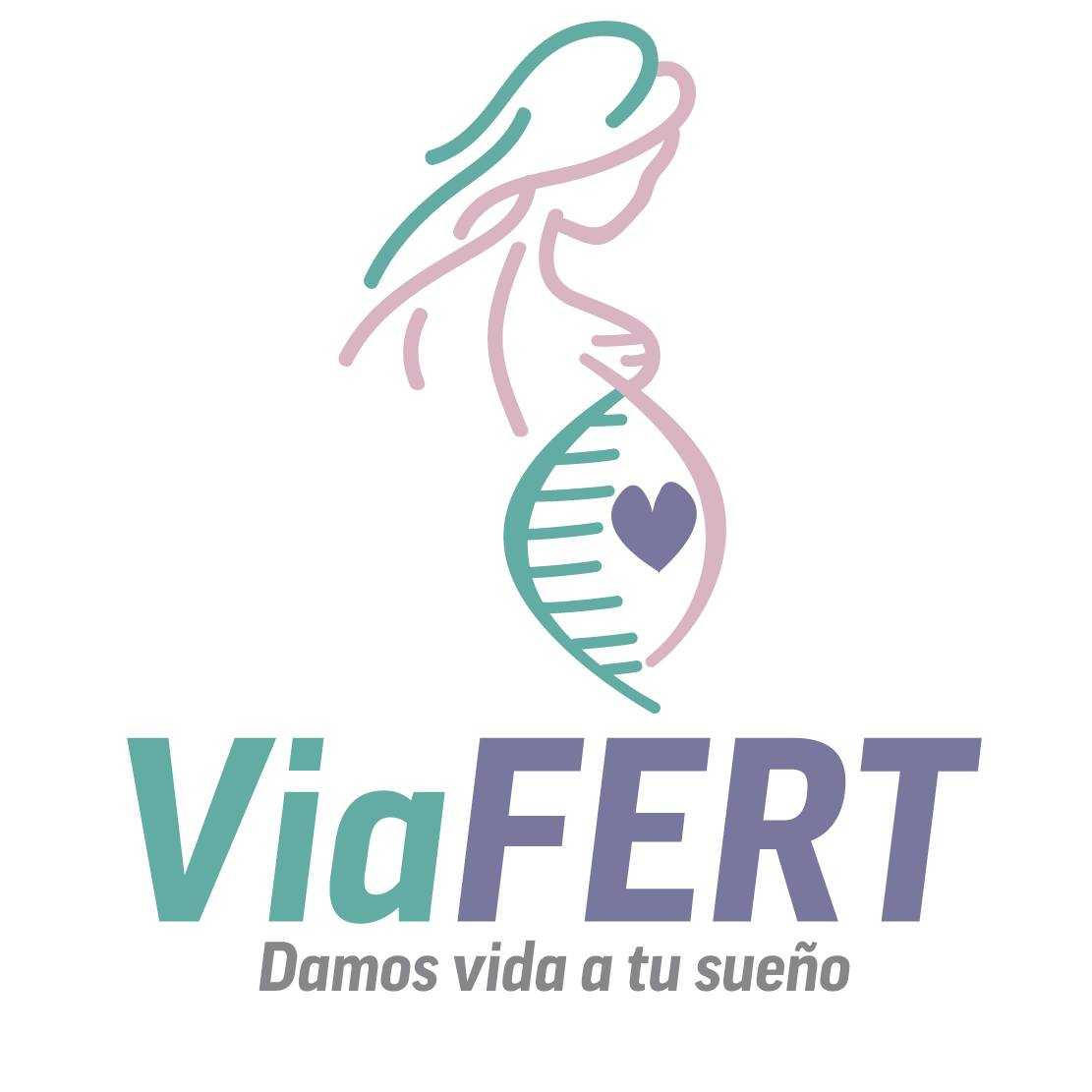
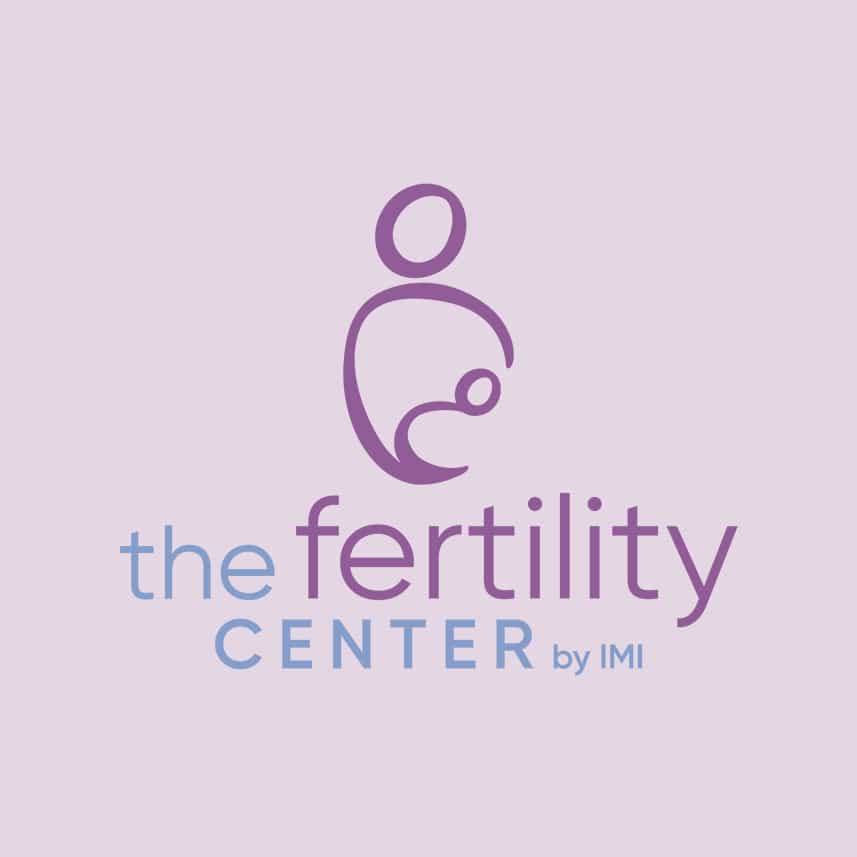
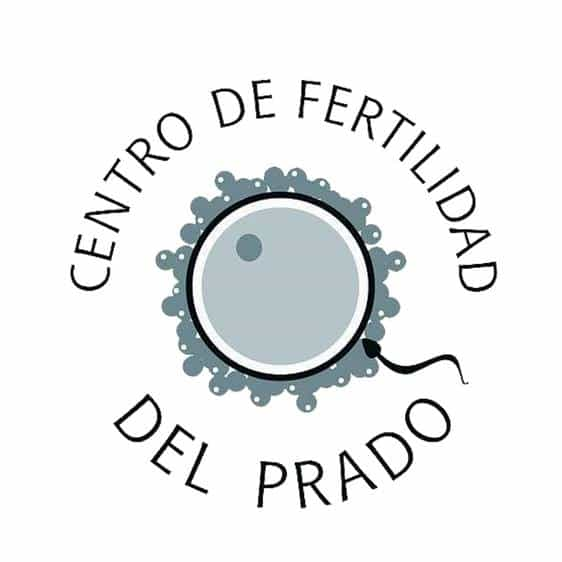
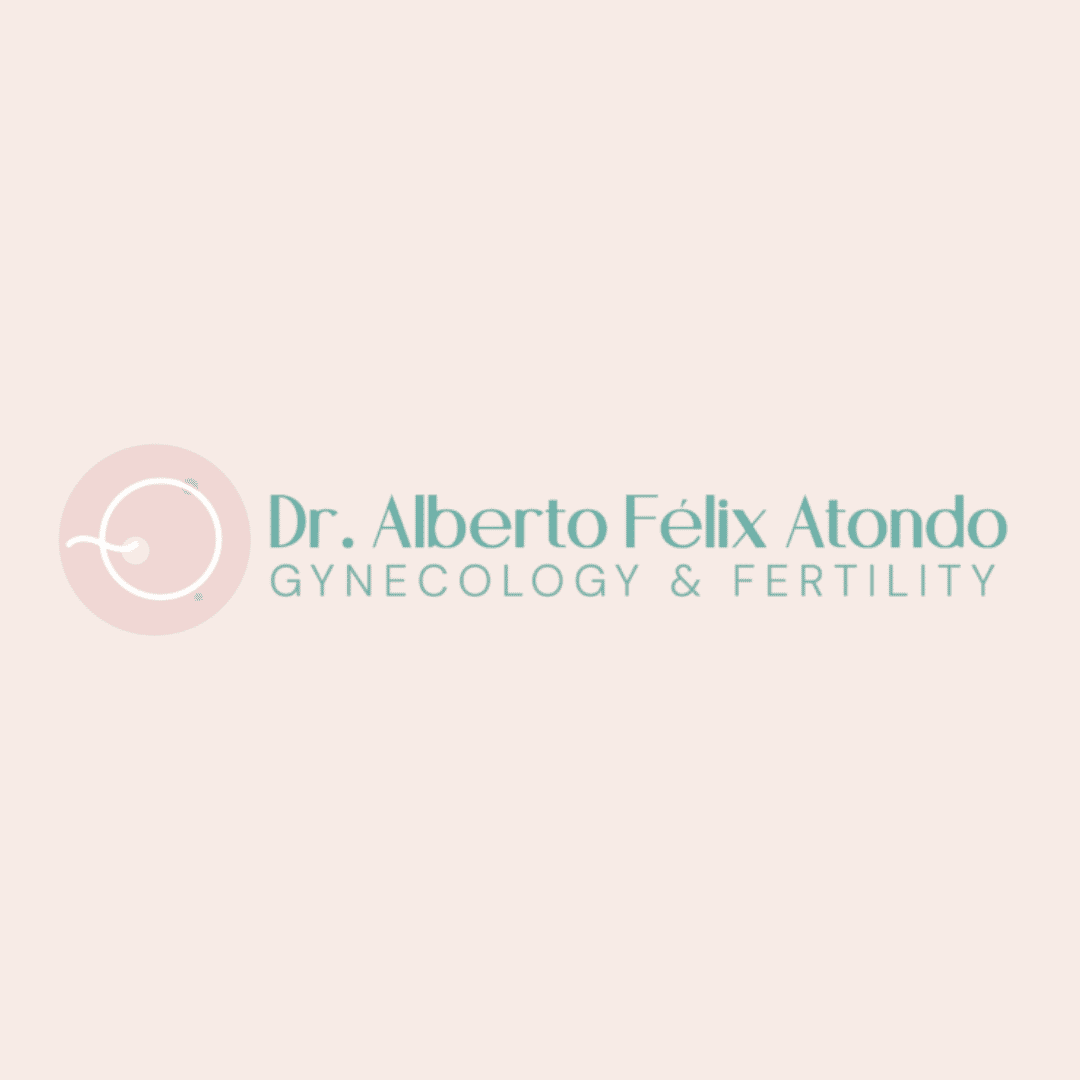
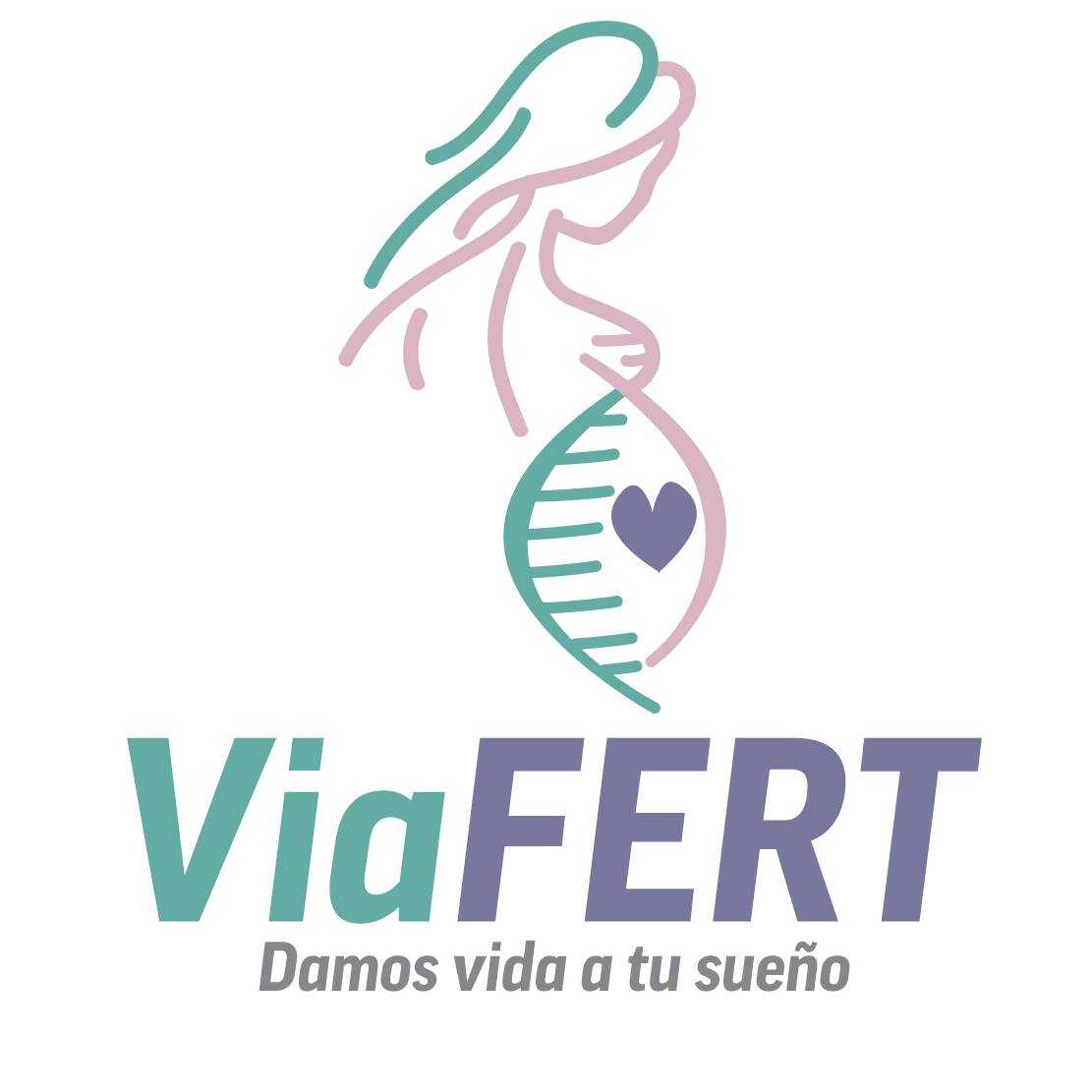

Share this listing